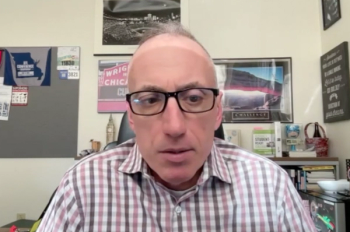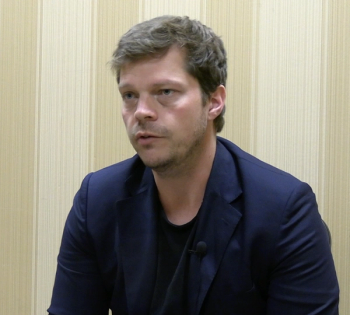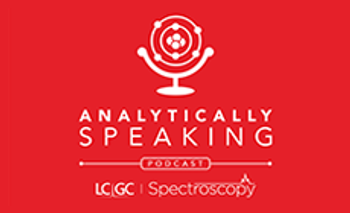
Four Students to Receive SAS Atomic Section Awards at SciX 2021
The Society for Applied Spectroscopy (SAS) Atomic Section Student Award honors undergraduate or graduate student SAS members who have excelled in atomic spectroscopy.
The Society for Applied Spectroscopy (SAS) Atomic Section Student Award honors undergraduate or graduate student SAS members who have excelled in atomic spectroscopy. Kevin Finch, Sabrina Funke, Sarah Meyer, and Stefan Wagner will receive the 2021 award at the SciX 2021 conference taking place in Providence, Rhode Island, from September 26–October 1. Winners will present their work as part of the Atomic Section program and will receive travel assistance to the conference, along with a two-year SAS membership after graduation.
Finch, a fourth-year PhD candidate in the research group of Gerardo Gamez at Texas Tech University (Lubbock, Texas), focuses his research on fundamental studies of various plasmas used for chemical analysis. His current research involves laser scattering and optical emission spectroscopy diagnostics to elucidate the fundamental parameters of various chemical analysis plasmas (such as glow discharge and dielectric barrier discharge) under several common operating conditions. He plans to continue pursuits in spectroscopy upon earning his doctoral degree.
Funke, a third-year PhD candidate in analytical chemistry in the research group of Uwe Karst at the University of Münster, in Münster, Germany, studied at the Johann Wolfgang Goethe-University Frankfort, working on gene therapy. During her master studies, Funke completed a five-month research internship at the University of Technology in Sydney, Australia, under the guidance of Philip Doble. Currently, she focuses on the development and application of molecular and elemental imaging techniques. Using laser ablation–inductively coupled plasma–mass spectrometry, she specifically targets the investigation of gadolinium retention within healthy organisms caused by gadolinium-based MRI contrast agents.
Meyer is a third-year PhD candidate at the University of Technology Sydney (UTS) in Sydney, Australia. Working under the supervision of Philip Doble, she is investigating the underlying chemical principles of radio resistance in cancer cells using immuno-mass spectrometry and elemental bioimaging. In 2017, she was a visiting researcher at UTS where she conducted fundamental research on the effect of sensitivity when downscaling liquid chromatography column dimensions for inductively coupled plasma–mass spectrometry (ICP-MS) detection. Her work on providing optimized methods for the characterization of upconversion nanoparticles by single-particle (sp) ICP-MS was awarded the “paper of the month” by the Faculty of Science at UTS.
Wagner is a research associate at the Montan University Leoben, in Austria. Currently, he is finalizing his PhD studies in analytical chemistry under the supervision of Thomas Prohaska at the University of Natural Resources and Life Sciences Vienna, Austria. He has been specializing in method development and validation of diffusive gradients in thin films, a gel-based passive sampling technique, in combination with laser ablation- and multi collector inductively coupled plasma–mass spectrometry, as well as planar fluorescent sensors, so-called planar optodes. The combined techniques are used for the targeted analysis of elements and isotope ratios in bioavailable fractions of nutrients and contaminants in soil, along with chemical imaging of solutes in multidisciplinary applications ranging from terrestrial biogeochemistry to materials science and biomedical research.
Newsletter
Get essential updates on the latest spectroscopy technologies, regulatory standards, and best practices—subscribe today to Spectroscopy.




